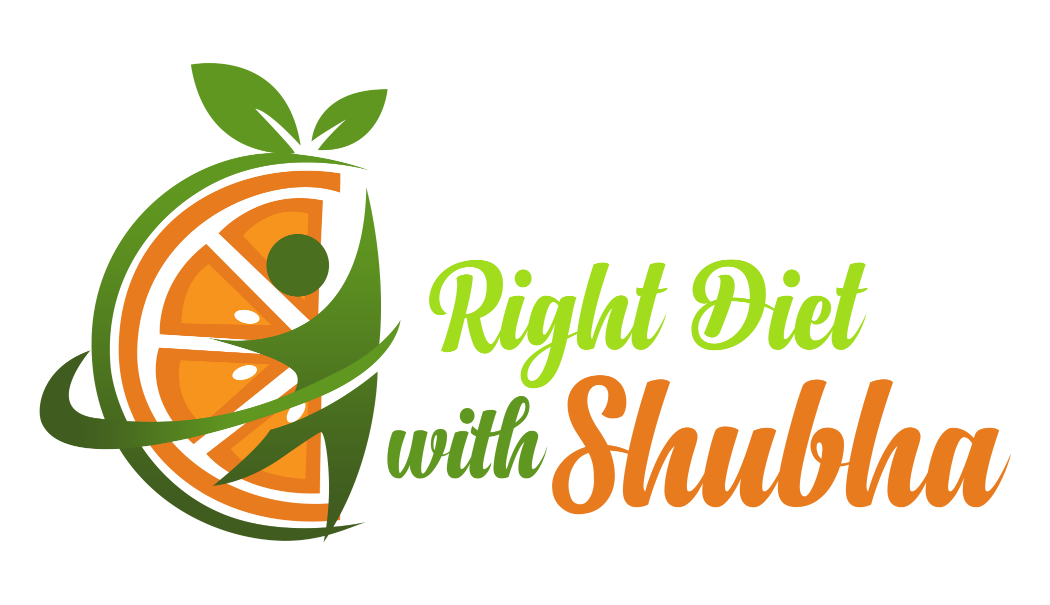Polycystic Ovarian Disease (PCOD), also known as Polycystic Ovary syndrome (PCOS) is a very common condition affecting 5% to 10% of women in the age group 12–45 years. It is a problem in which a woman’s hormones are out of balance. It can cause problems with menstrual periods and make it difficult for her to conceive.
# Polycystic ovary syndrome is related to an imbalance in sex hormones. In PCOS, they start making slightly more androgens(male hormone). This causes females to stop ovulating, get pimples and grow extra facial and body hair.
# In polycystic ovary syndrome, the eggs do not mature and are not released from the ovaries. Instead, they can form very small cysts in the ovary, hence the name polycystic ovaries.
# Chance of having PCOD/ PCOS is higher if other women in the family have PCOS/D, irregular periods, or diabetes.
*Common symptoms of PCOD/PCOS*
*Acne
*Weight gain and trouble losing weight
*Extra darker & thicker hair on the face and body.
*Thinning hair on the scalp
*Irregular periods. Often women with PCOS/D have fewer than nine periods a year. Some women have no periods others have very
heavy bleeding
*Fertility problems. Many women who have PCOS have trouble getting pregnant (infertility)
*Depression
*What causes it?*
Researchs are going on to know exactly what causes PCOS/D. It believes that high levels of male hormones prevent the ovaries from producing hormones and making eggs normally.
* Some studies shows that PCOS/D is a genetic problem.
*Diabetic patients also prone to PCOD/S because diabetic patient’s cells can not use insulin properly. When cells can’t use insulin properly, the body’s demand for insulin increases. The pancreas makes more insulin to compensate. Extra insulin triggers the ovaries to produce more male hormones.
*Obesity is also a reason of this.
* Inflammation also trigger androgen level.
*Dietary and lifestyle changes to treat PCOD/S*
PCOD/S is a lifestyle disorder so you can cure it with some lifestyle changes. You have to keep eye on you dietary pattern.
*Here is three major diets that can help to prevent PCOD/S*
1. *A low glycemic index (GI) diet:* The body digests foods with a low GI more slowly, meaning they do not cause insulin levels to rise as much or as quickly as other high carb foods. Foods in a low GI diet are
.Whole grains
. Legumes
.Nuts
.Seeds
. Citrus fruits
.Seasonal vegetables
.Unprocessed foods
2. *An anti-inflammatory diet:* Anti-inflammatory foods such as :-
.Berries
.Fatty fish
.Leafy green vegetables
.Extra virgin olive oil
.Extra virgin coconut oil.
.Citrus fruits
These all can reduce inflammation-related symptoms.
3. *The DASH diet:* Dietary Approaches to Stop Hypertension (DASH) diet also help to manage PCOS/D symptoms. A DASH diet is rich in fish, poultry, fruits, vegetables whole grain, and low-fat dairy produce. The diet discourages foods that are high in saturated fat, sugar and sodium. So if you are having PCOD/S problem, can go for this diet.
A healthful PCOS diet can also include the following foods:
*natural, unprocessed foods
*high-fiber foods
*fatty fish, including salmon, tuna, sardines, and mackerel
*spinach, and other dark, leafy greens
*dark red fruits, such as red grapes, blueberries, blackberries, and cherries
*broccoli and cauliflower
dried beans, lentils, and other legumes
*healthful fats, such as olive oil, as well as avocados and coconuts
*nuts, including pine nuts, walnuts, almonds, and pistachios
*dark chocolate in moderation
*spices, such as turmeric and cinnamon
